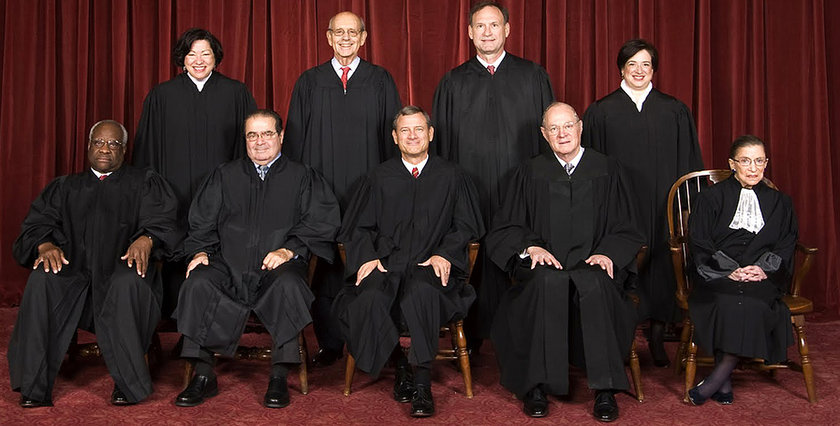
Since 1986, military personnel and American citizens living overseas have been guaranteed the right to vote by absentee ballot in all U.S. federal elections. In 2009, Congress passed the Military and Overseas Voter Empowerment Act (MOVE Act), which requires States to transmit absentee ballots to overseas voters at least 45 days before an election for federal office.
After counties across Alabama failed to meet the 45 day deadline, the state was sued by the U.S. Department of Justice, prompting the Alabama Secretary of State’s office propose a change to Alabama’s election calendar to make sure the deadlines could be met. However, the Secretary of State could not unilaterally change the date — a court order or legislation was needed to change the law.
“Though we do not have yet an order from the court, we have agreed with the Department of Justice to move our deadlines up considerably to get ballots to the Absentee Election Managers in each county,” Secretary of State Jim Bennett said at the time of their proposed change. “This will allow ballots enough time to be sent to military and overseas voters well before the federal deadline, which is 45 days before the date of the election… We are doing everything in our power to make sure that our soldiers have their ballots in hand and can mail them back in time for their vote to be counted.”
Under the new calendar, the candidate qualifying deadline was moved from April 4 to February 7.
This put a strain on the state parties, but both Democrats and Republicans agreed the move was necessary and made preparations accordingly.
But the Alabama Education Association, the state’s teachers’ union, objected to the new calendar and petitioned the court to stop it.
According to court documents obtained by Yellowhammer, the AEA “objected to the proposed remedial order on several grounds, including that the new candidate- qualification deadline drastically reduces, without sufficient prior notice, the time in which potential candidates have to qualify for the June 3 primary. It argues that… the court should impose a remedial plan that allows more time for candidates to qualify.”
In short, the AEA argued that the rights of a candidate who hasn’t made up their mind about running for office are more important than the voting rights of overseas military voters.
“Many public employees must take an unpaid leave or resign before qualifying for office,” the AEA’s attorneys said in the court documents. Moving the qualifying date up “will be a hardship on them,” they concluded.
But Judge Myron Thompson, a long-time AEA ally who’s widely considered one of the most liberal judges in the state, concluded that the State of Alabama has “consistently and substantially” missed the deadline for military voters to receive their ballots in the past, and therefore believes the new qualifying deadlines are needed.
After writing an extensive opinion — which even included a Shakespeare quote — Thompson issued an order stating that the new calendar was “approved and adopted by the court.”
Legislation also passed unanimously in the Alabama House this week to implement the new deadline. It is pending passage in the Senate. Once it becomes law, Alabama statute will mirror the court’s order, enabling the state to get out from under the DOJ lawsuit faster and ensure military voting rights.
Is the AEA’s strategy to influence elections in Alabama more important than the voting rights of members of the U.S. Armed Forces stationed overseas?
Fortunately, The United States Department of Justice, Alabama Secretary of State, Alabama House of Representatives and a U.S. District Judge don’t think so.
Follow Cliff on Twitter @Cliff_Sims









